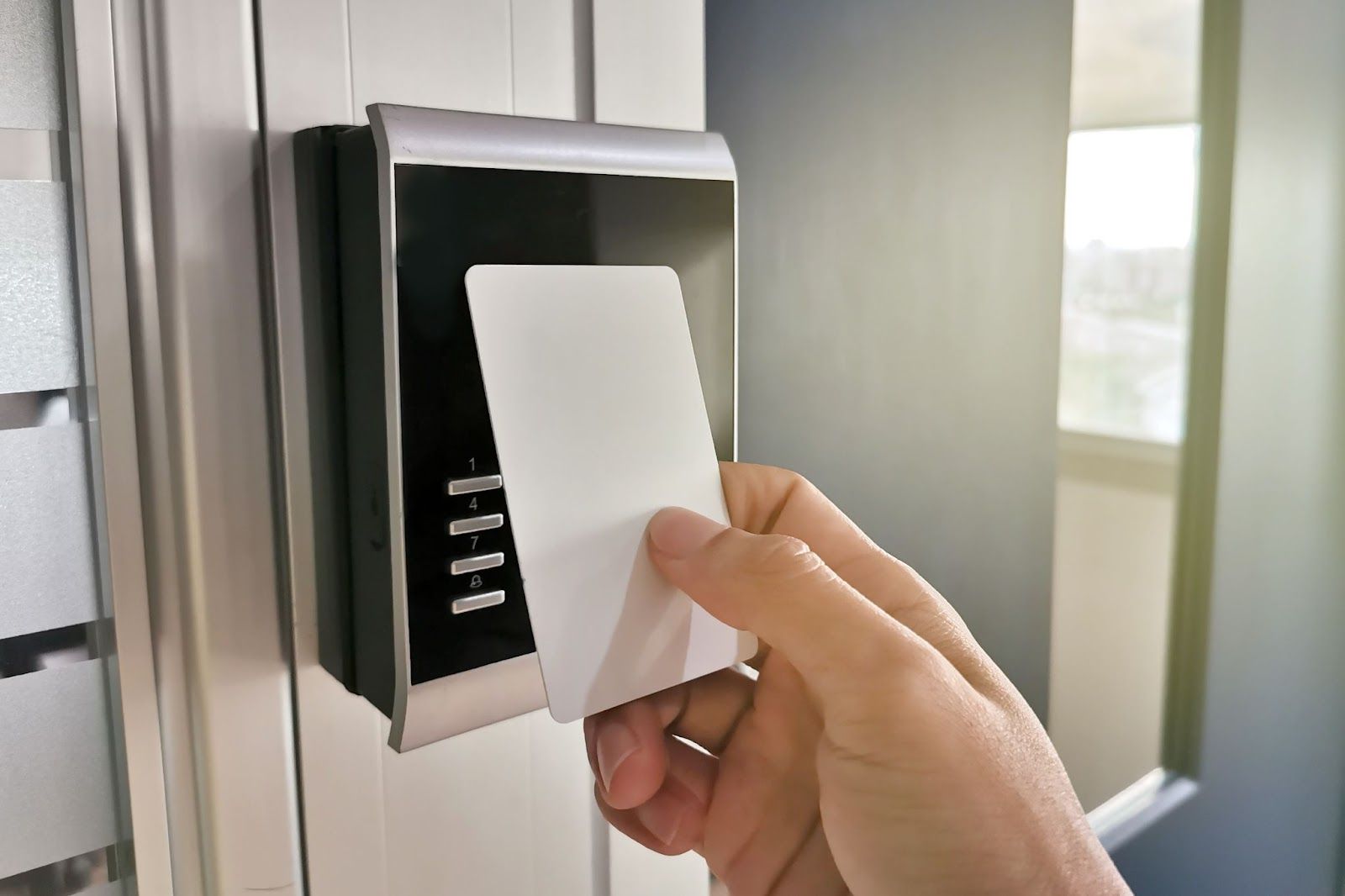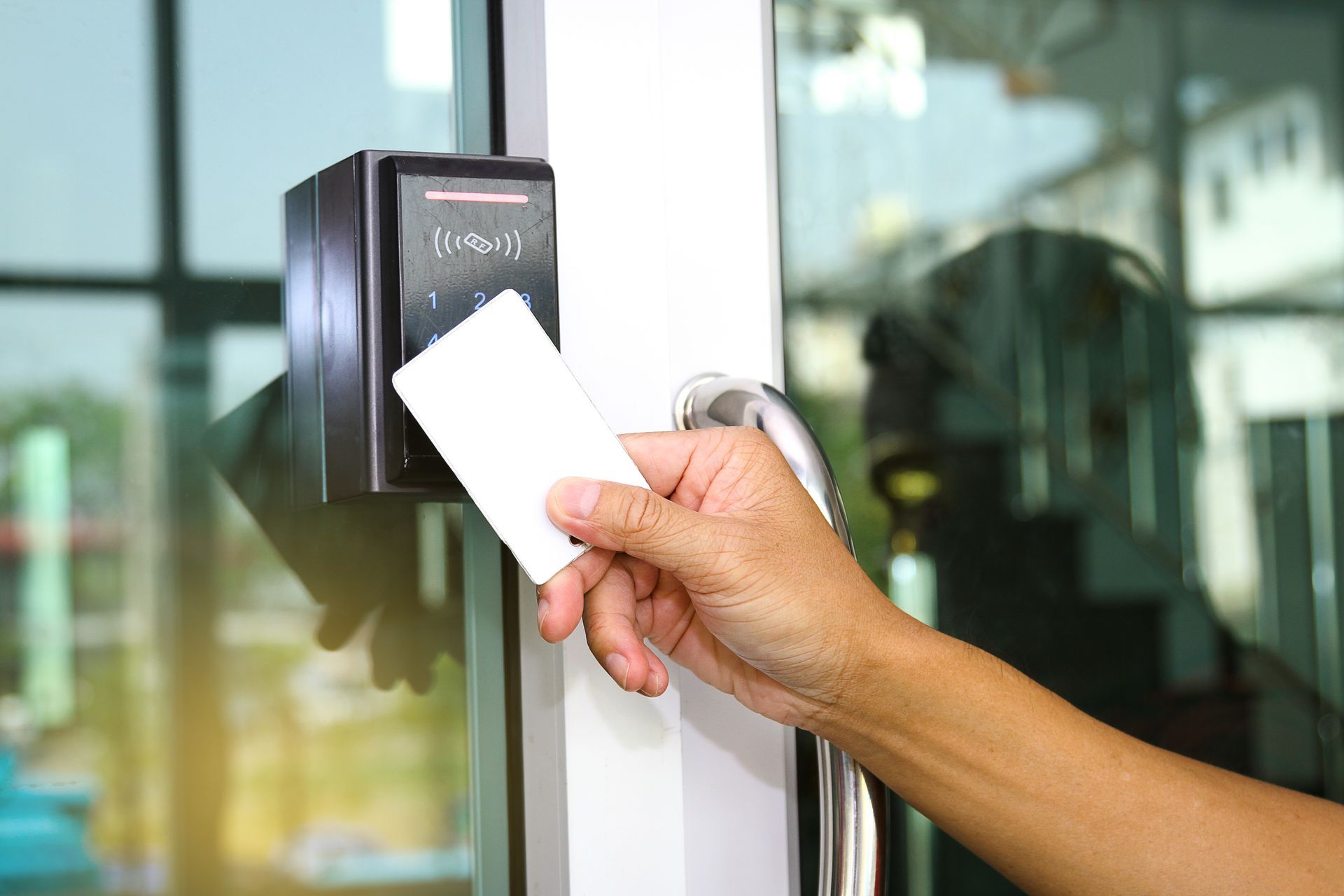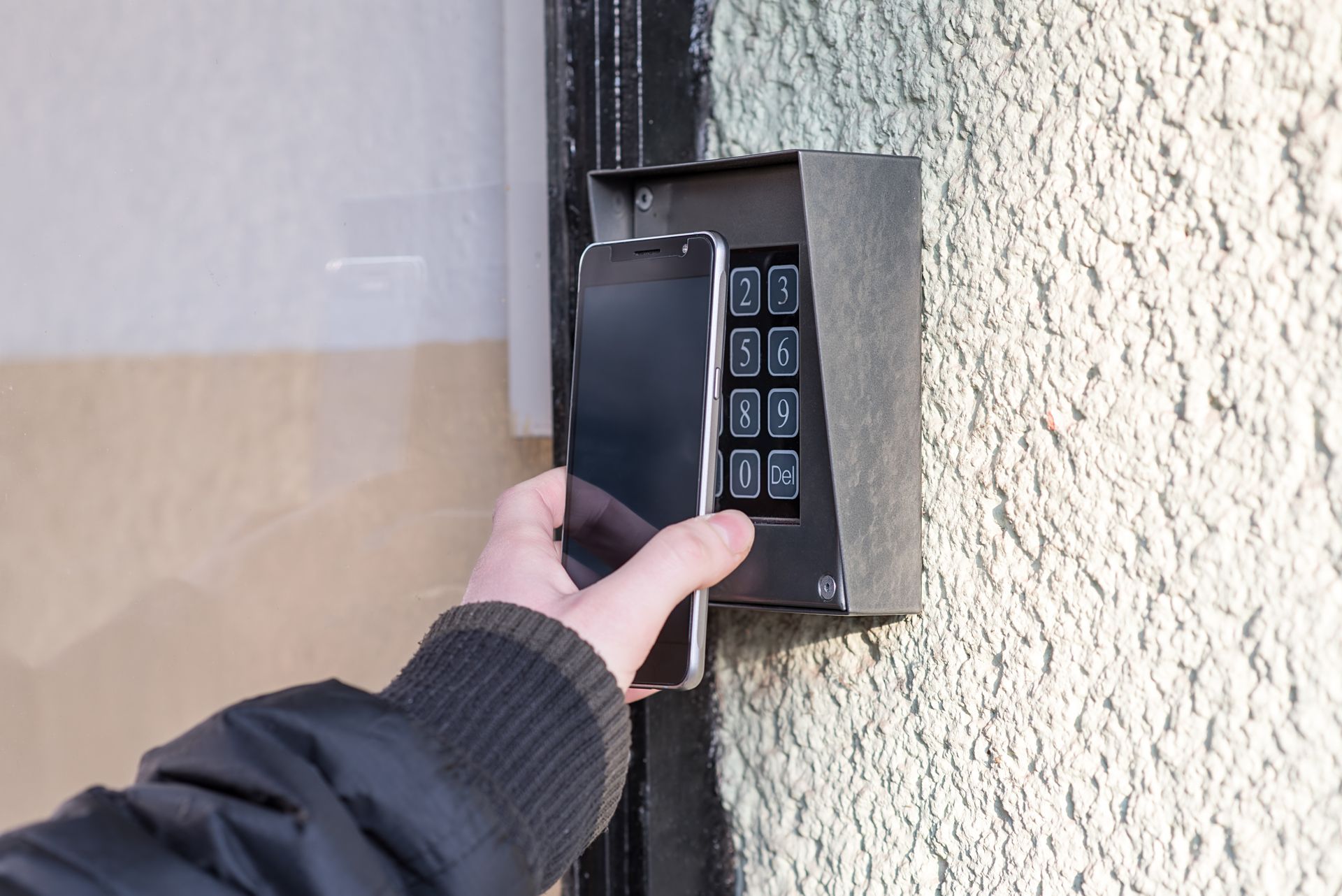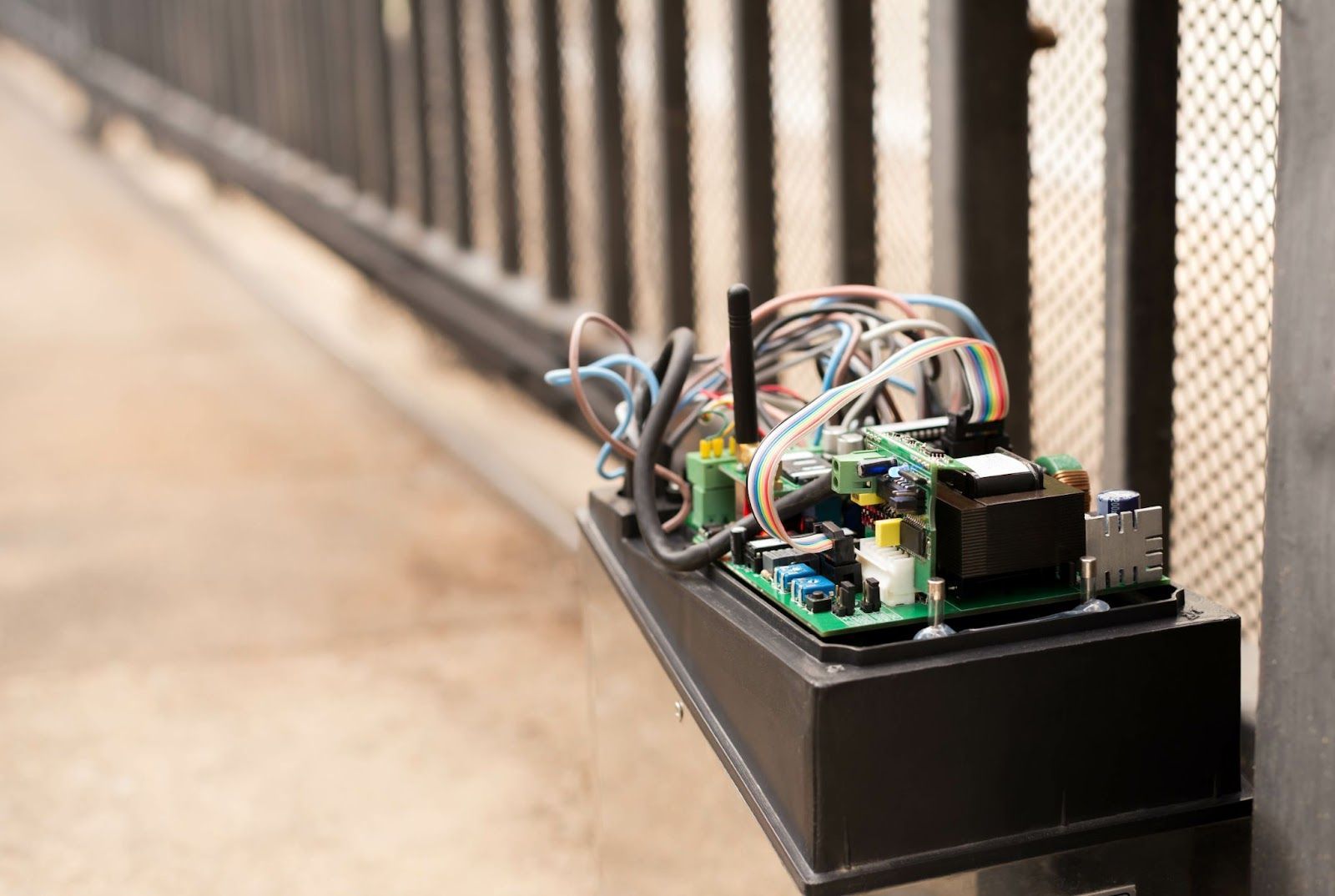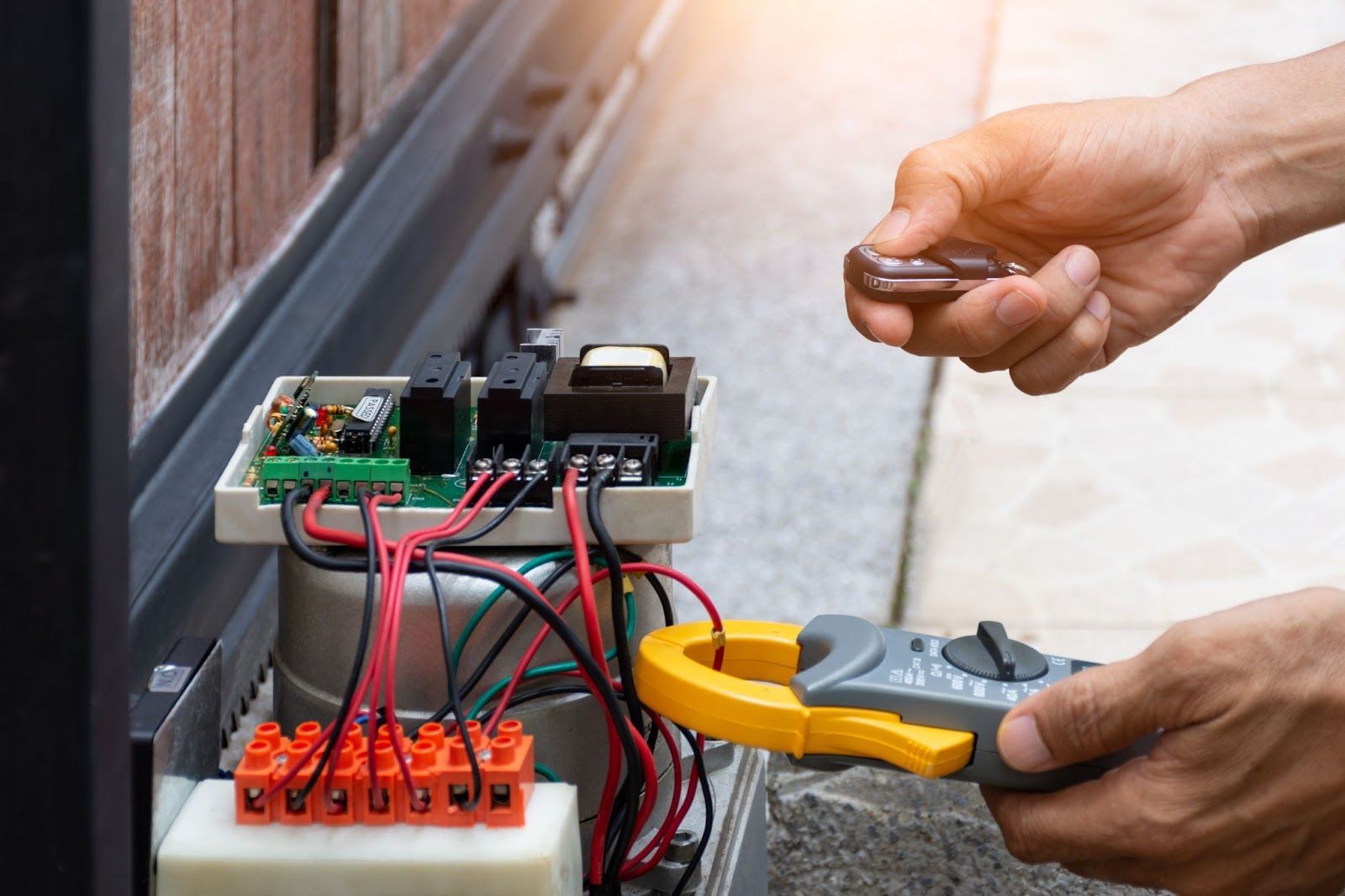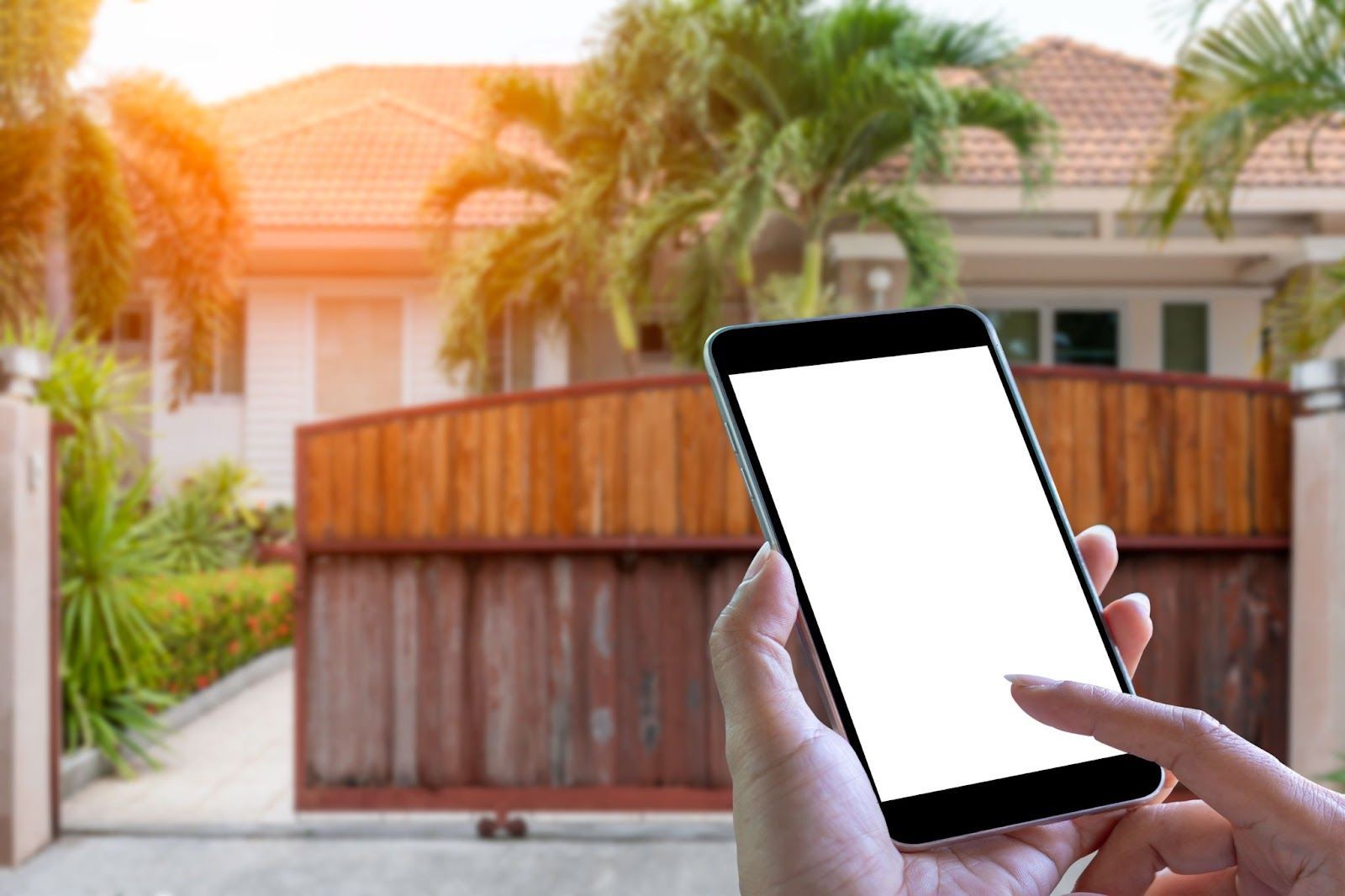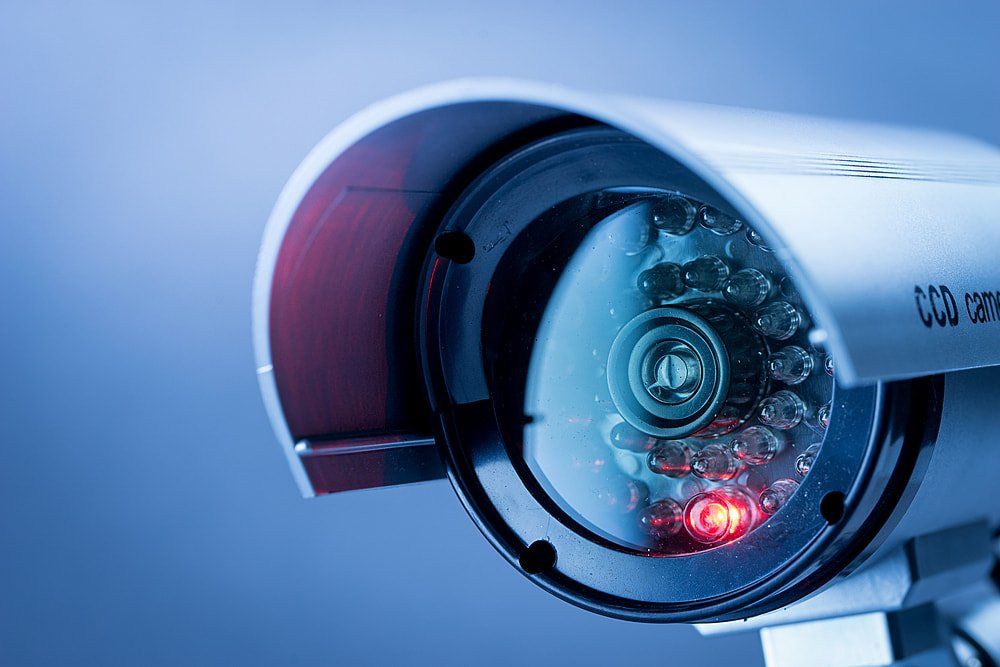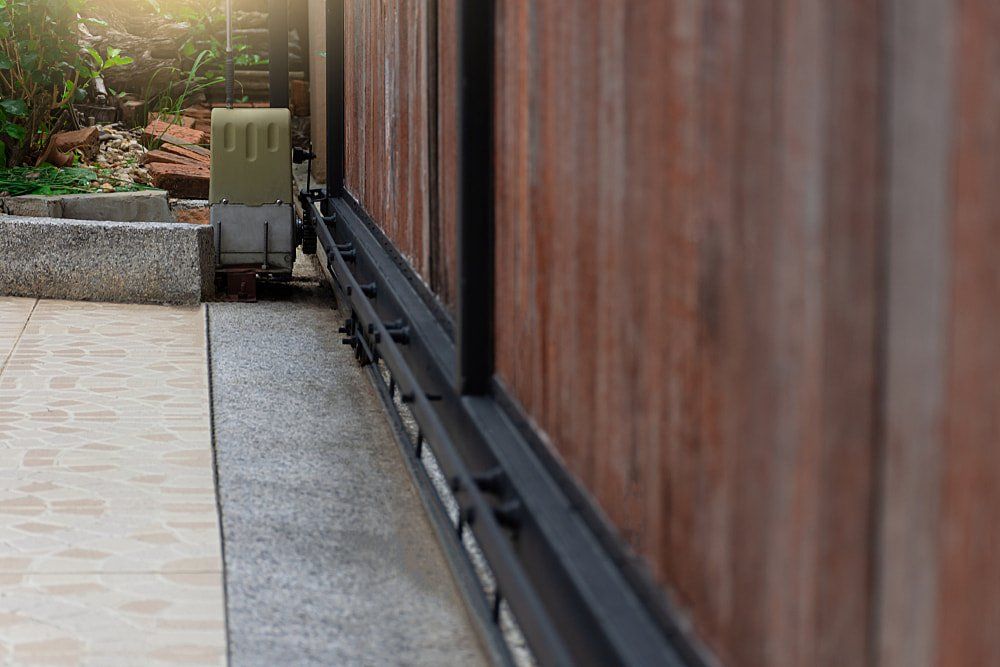How to Ensure the Reliability of Your Wi-Fi Security Alarm System

Adding a reliable security system to your home offers a plethora of benefits. While it has become a necessity over the years, there are plenty of options for you to choose from, including a wireless home alarm system.
On that note, there has been a debate over the reliability of wireless home alarm systems. Some people might even deem them less reliable than a hardwired security system.
If you’re wondering what affects the reliability of your Wi-Fi security alarm system, this article is for you as we explore the factors and steps to ensure the reliability of your wireless home alarm system.
Factors Affecting the Reliability of Wi-Fi Security Alarm Systems
Wi-Fi security alarm systems use radio frequency (RF) to send signals through the air the same way you receive radio transmissions in your car and cordless phone. That said, here are some factors that can affect the reliability of your Wi-Fi security alarm systems:
Signal Strength
The signal strength of your Wi-Fi can vary based on the distance between your security alarm devices and the routers. A weak signal can result in false or missed alarms or even delayed notifications.
Power Supply
Wi-Fi security alarm systems require a stable and constant connection to a power supply. If there’s a power outage, it can disrupt their functions. In such cases, backup power sources like batteries or generators can ensure the system continues to operate.
System Maintenance and Updates
Most Wi-Fi security alarm systems rely on maintenance and updates to ensure efficacy. Any failure to update the system can result in outdated software that is vulnerable to attacks or may malfunction, compromising the system's security.
Steps to Enhance the Reliability of Your Wi-Fi Security Alarm System
Like any other wireless system, your wireless home alarm system is susceptible to hijack, which can compromise the security of your home. Here are some steps to enhance the reliability of your Wi-Fi security alarm system:
Test Signal Strength
Before considering your Wi-Fi security alarm system impenetrable, you should test the signal strength to ensure your wireless home alarm system is operating and functioning well. If your alarm security system is weak, your home can be a target for burglars.
You should also position your router carefully in your house. Avoid placing them near the walls and other possible obstructions, as these can block the signals to your wireless devices.
Prepare Adequate Power Supply
Most Wi-Fi routers require a constant supply of energy to ensure continuous connectivity to your home wireless alarm security. If there is a power outage, it can affect its efficacy in informing you of your home's security status.
For a wireless home alarm system, you can rely on batteries to provide you with some backup energy to power it. At the same time, you need not worry about the system going into overdrive because most components have a surge protector.
Perform Regular System Maintenance and Updates
Keeping your home wireless alarm security system up-to-date helps ensure your home's safety and anyone in it. Regularly check for software updates and firmware upgrades for your Wi-Fi security alarm system, and apply them as they become available.
Regular system maintenance and updates also help ensure your wireless home alarm system remains at the top of its functions. Besides, it helps to protect your Wi-Fi network from malware and other security threats.
Enhance Security Features
A wireless home alarm system typically consists of a control panel and a range of sensors connected with built-in radio frequency transmitters. You can also add several other devices like motion sensors, sirens, and security cameras to enhance the security of your home.
With the addition of these devices, you can worry less about the safety of your loved ones and safeguard your property with the best home wireless alarm security available in Malaysia.
Looking to install a wireless home alarm system? Contact The One Control today!
If you’re looking to install a wireless home alarm system, consider engaging The One Control for your security concerns. With more than 20 years of experience in the security industry, you can be assured of our team of professionals in both services and security products.
Contact
The One Control (M) Sdn Bhd
No. 113-1 , Jalan PUJ 3/3 , Puncak Jalil 43300 Seri Kembangan, Selangor.
Monday - Friday 9AM - 5PM
Saturday 9AM - 12PM
Sunday Closed
info@autogatec.com

